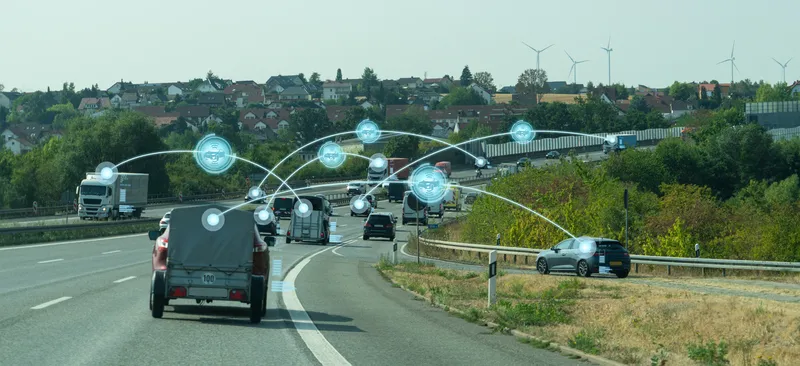Connected vehicle data specialist Wejo and traffic management firm Waycare are to collaborate on a deal in Nevada.
Part of an existing programme in the US state, Waycare will use the data “for more accurate traffic management solutions” and there are plans to extend the arrangement to other areas of the US.
The companies say Wejo’s data will supplement Waycare’s existing traffic data sources, providing agencies with a comprehensive overview of conditions on the roads. The theory is that this will allow Waycare to more accurately detect and predict incidents and determine risk on roadways.
“Almost all drivers in highly populated areas experience a great deal of traffic congestion, delayed journeys and an increased risk of accidents,” says Wejo chief executive Richard Barlow. “We are working together with Waycare to reduce these delays and improve road safety.”
“The dynamic nature of the urban environment requires that agencies become more proactive about the conditions on their roads,” says Waycare CIO Shai Suzan.
Waycare software is used by several local agencies, including the Regional Transportation Commission of Southern Nevada and Nevada Highway Patrol.
Wejo and Waycare sign Nevada connected car data deal
Connected vehicle data specialist Wejo and traffic management firm Waycare are to collaborate on a deal in Nevada.
Part of an existing programme in the US state, Waycare will use the data “for more accurate traffic management solutions” and there are plans to extend the arrangement to other areas of the US.
The companies say Wejo’s data will supplement Waycare’s existing traffic data sources, providing agencies with a comprehensive overview of conditions on the roads. The theory is that this will allo
September 19, 2019
Read time: 2 mins








